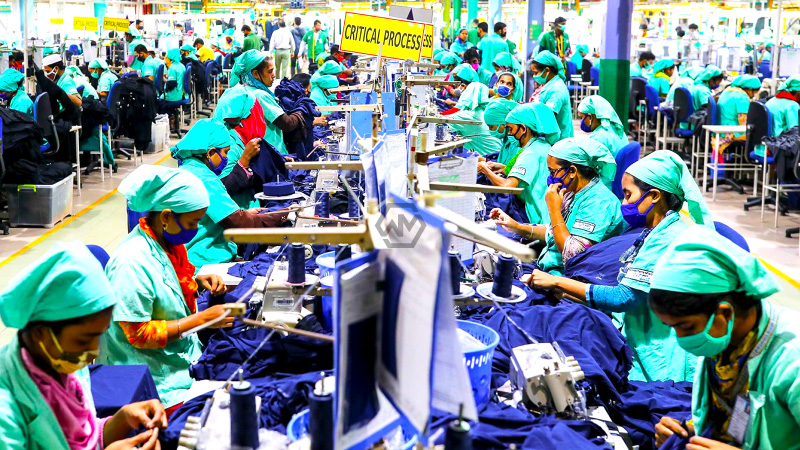- Wage fights represent a significant test to State head Sheik Hasina, who has governed the country with an iron-clenched hand beginning around 2009.
- A resurgent resistance has tested her standard as she prepares for decisions due before the finish of January.
Bangladeshi piece of clothing producers on Saturday covered 150 production lines “endlessly”, as police gave cover charges for 11,000 specialists regarding rough fights requesting a higher the lowest pay permitted by law, officials said.
Bangladesh’s 3,500 pieces of clothing plants represent around 85% of its $55 billion in yearly commodities, providing a large number of the world’s top brands including Levi’s, Zara, and H&M.
Bangladeshi Garment Factories were Shut
However, conditions are desperate for the vast majority of the area’s 4,000,000 specialists, by far most of whom are ladies whose regularly scheduled pay, up to this point, began at 8,300 taka ($75).
Savage fights requesting better compensation ejected last month, with somewhere around three laborers killed and over 70 plants stripped or harmed since, as per police.
An administration-selected board raised the area’s compensation by 56.25 percent on Tuesday to 12,500 takas, however, piece of clothing laborers have dismissed the climb, rather intense a 23,000 taka the lowest pay permitted by law.
On Thursday, 15,000 laborers conflicted with police on a critical expressway and stripped Tusuka, a top plant, alongside twelve different production lines.
Bangladesh police frequently issue essential charges against a huge number of individuals — without determining their names — following enormous fights and political savagery, a strategy that pundits say is a method for taking action against contradicting.
Police authorities let AFP know that 150 production lines had shut in the vital modern towns of Ashulia and Gazipur, both north of the capital Dhaka, as makers dreaded further strikes while Bangladesh’s functioning week started on Saturday.



